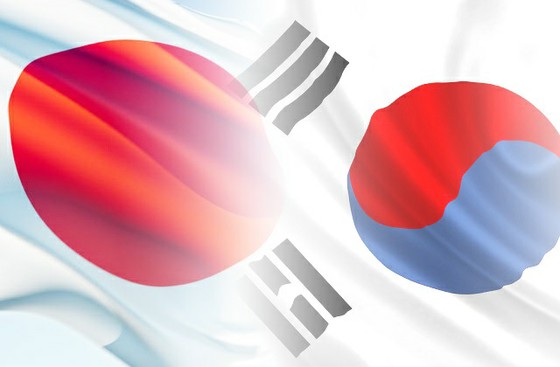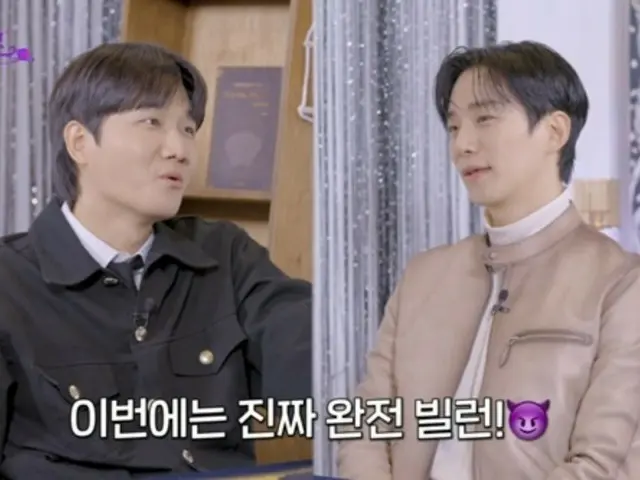 |
In October 2018, South Korea's Supreme Court ordered the former employers, Mitsubishi Heavy Industries and Nippon Steel Corporation (formerly Nippon Steel & Sumitomo Metal Corporation), to pay compensation. However, Japan's position was that the issue of wartime reparations had been settled by the 1965 Japan-Korea Claims Agreement, and the two defendants refused to comply. For this reason, the plaintiff proceeded with the procedure of 'cash' to sell the assets held by the Japanese company in South Korea and use them for compensation.
The issue of forced labor lawsuits is the biggest pending issue between Japan and South Korea, and it has been a long time without any clues to resolve it. The wind changed direction. President Yoon has shown a desire to improve relations between Japan and South Korea since he was a candidate for the presidential election. made it
And in March this year, the South Korean government announced a 'solution' to the problem. The details are that the "Foundation for Supporting Victims of Japanese Forced Mobilization" under the South Korean government, which supports former forced laborers, will pay late interest on behalf of the defendants Nippon Steel and Mitsubishi Heavy Industries, which were ordered to pay compensation to former forced laborers. The plaintiffs will be paid an amount equivalent to the compensation including. So far, 15 plaintiffs have won their lawsuits in Supreme Court rulings, and the damages are said to be about 4 billion won, including late interest. The lawsuits currently pending will be dealt with in the same way if the plaintiff's victory is confirmed.
When the South Korean government announced the solution, President Yoon emphasized, "The solution is the result of the government's efforts to find a way to meet the common interests and future development of both South Korea and Japan while respecting the position of the victims."
To date, the Foundation has paid the families of 10 of the 15 successful lawsuits. However, a total of five people, including three survivors and the bereaved families of the two who died, indicated their intention to refuse to receive them.
As the South Korean government continued to persuade him, one living plaintiff changed his attitude and applied for the payment. According to the South Korean newspaper JoongAng Ilbo, the reason for the change in attitude was a strong request from his family.
The Korean government plans to continue to seek understanding from the four people who refuse to accept the solution.
Under these circumstances, according to the Korean newspaper Chosun Ilbo, a civic group that supports former forced laborers will give 20% of the compensation received to the plaintiff's bereaved family based on the agreement reached 11 years ago with the plaintiff in the forced labor lawsuit. I know you demanded it. According to the newspaper, a lawyer who serves as an auditor for the civic group "Japanese Forced Mobilization Citizens' Association" issued a document requesting the bereaved family of the plaintiff, who received an amount equivalent to compensation from the foundation, to pay money based on the agreement document on the 1st of this month. send. He said that he would have to pay 51,262,692 won, which is 20% of the 256,313,458 won he received, to the civic group, asking for his cooperation. Three of the five plaintiffs with an agreement died, but the bereaved families of two of the three accepted the government's solution and received over 200 million won in compensation in the middle of last month. It is said that the group sent a content-certified mail because the bereaved family did not agree to the payment based on the agreement. The Chosun Ilbo said, "Aid groups initially criticized the government's solution and insisted not to receive compensation, but when the compensation (equivalent amount) was paid, they demanded a portion of the amount. Some of the bereaved families are confused by what they have done."
According to the Korean newspaper Munhwa Ilbo, the group sent letters and visited the bereaved families of former forced laborers who expressed their willingness to accept the government's solution, asking them to withdraw their intentions.
A former group that has been active to support forced laborers criticizes the government's solution, and when the plaintiff's bereaved family expresses their willingness to accept it, actions such as demanding money from the bereaved family based on the agreement or asking for withdrawal I can't sense the intention to really solve this problem. Rather, I suspect that they are trying to use the issue of forced labor as an "anti-Japanese business." In an interview with the Chosun Ilbo, Kim Ki-hyun, head of the ruling party's Power of the People, criticized the system, asking, "What is the difference between this and protection money for gangsters?"
2023/05/26 13:18 KST


